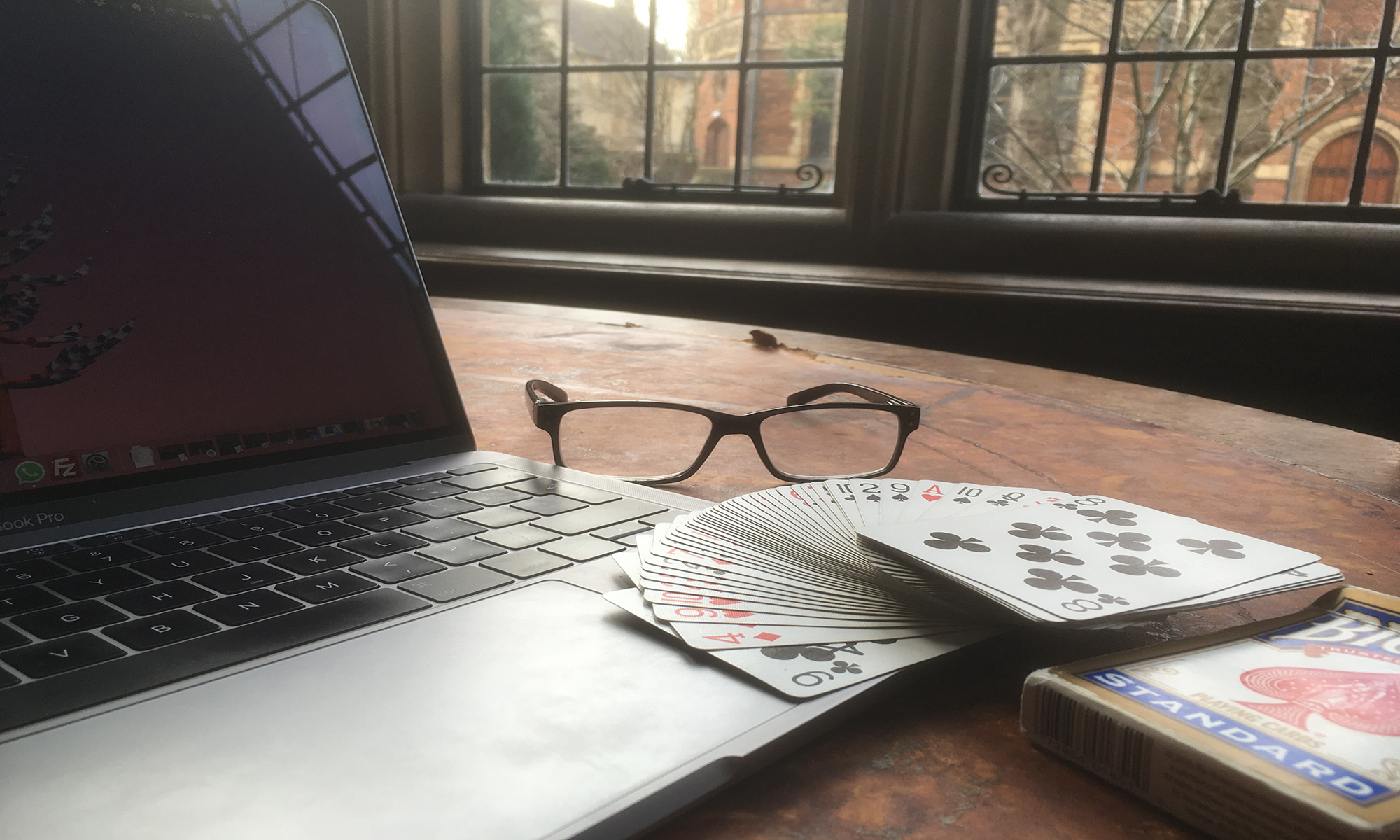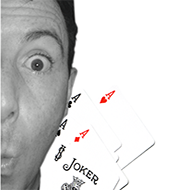
A Day in the Life
You have a two hour drizzly drive through bad traffic. Then you have to go in and present to your clients. First impressions count for everything so you have to look and sound good.
Then you have to make sure you have attuned to your client, got on their wavelength, established a rapport. During your appointment you are certain to experience some knockbacks – criticisms, things that don’t go to plan, awkward moments. How will you deal with those?
And, essentially, you have to establish exactly what it is that the client needs and what you can provide to satisfy them. It may well not be what they think they need.
All this sounds like I am describing a sales meeting. I could well be, but actually I am describing an experienced children’s entertainer arriving and performing at a kid’s party.
Snap!
As a magician and juggler, I have been entertaining at kids parties for 25 years. There is not much I haven’t encountered, not much will surprise me, not much I can’t cope with.
Recently I read Daniel Pink’s excellent book “To Sell is Human” (#ad) and I realised that kids parties are just like sales meetings.
Drive to Succeed
At the outset, working from the car, stopping at service stations, laptop and mobile use when parked up to do a bit of admin and book the next appointments. All very familiar territory.
Over the years I have discovered how to knock on the door looking and feeling fresh, energetic and ready to go rather than exhausted and frustrated from the journey.
It all has to do with time management, good nutrition and sleep. Leave enough time so that you have a break half way. Don’t have a burger for lunch, have an M&S salad. Arrive 30 minutes early, have a ten minute nap in the car and then quickly do your final prep before you go into the meeting. If necessary play some ACDC loud on the stereo to get you buzzing, I recommend Thunderstruck 🙂
Trust me, it works!
It’s as Simple as ABC
Pink suggests that successful sales people need to follow a basic ABC formula:
A – Attune. Get on the same wavelength as your client, work out how they tick, establish a rapport.
B – Buoyancy. Learn how to bounce back and continue enthusiastically when faced with knockbacks, criticisms and the unexpected.
C – Clarity. Establish exactly what it is that the client needs. This is done by working out which are the right questions to ask. Very often the client might think they know what they need, but by asking the right question(s) you can establish that they actually need something slightly different.
All these are true for both sales meetings and kids parties. I will explore them further over the next few blog entries.










